RGB said:Everything going rather historically I see.
Prussian dominance seems very likely...
I think that this is historical... he's just describing the world as it was in 1836.
And doing an excellent job of it, if I may say so myself.
RGB said:Everything going rather historically I see.
Prussian dominance seems very likely...
Oh yes, he does!likk9922 said:And doing an excellent job of it, if I may say so myself.
How do you know I'm not extremely bored, and only write like I was excited?robou said:Ahura Mazda: Don't get too exited there
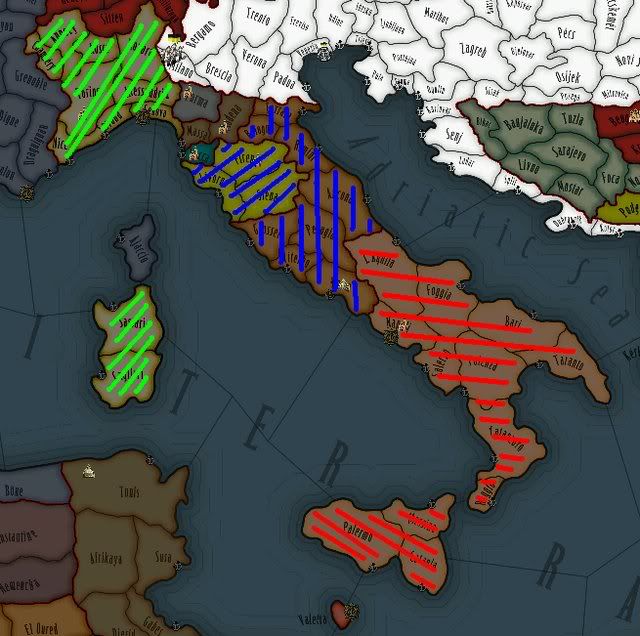
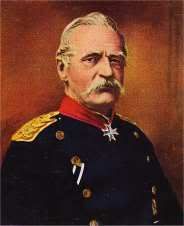


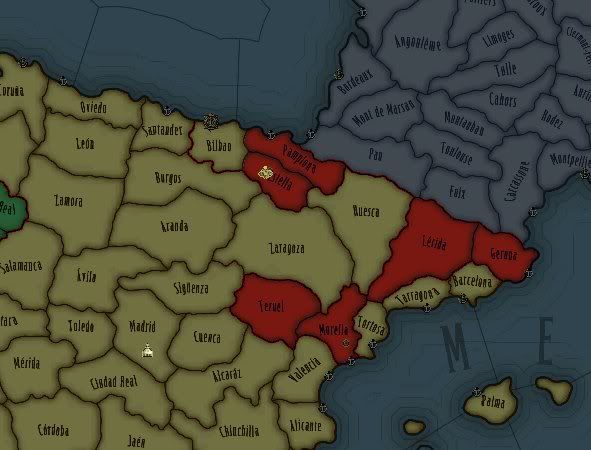

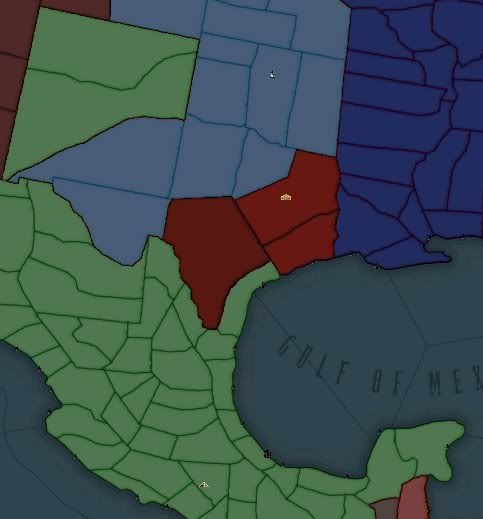
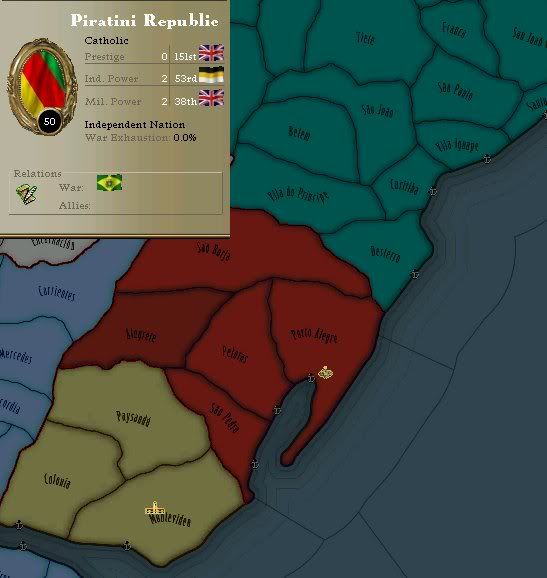
There's almost always a hitch, you'll have to decide what's the most important to youcomagoosie said:Great stuff. Glad to see some statistics. If I had victoria I would be drooling over each country overview
It seems that wherever you want to attack there is some hitch, let's hope you will overcome that.
:rofl:Ahura Mazda said:There's almost always a hitch, you'll have to decide what's the most important to you
